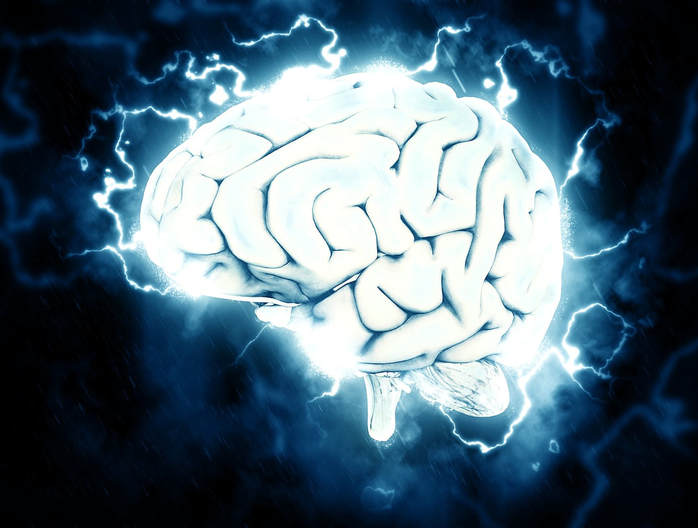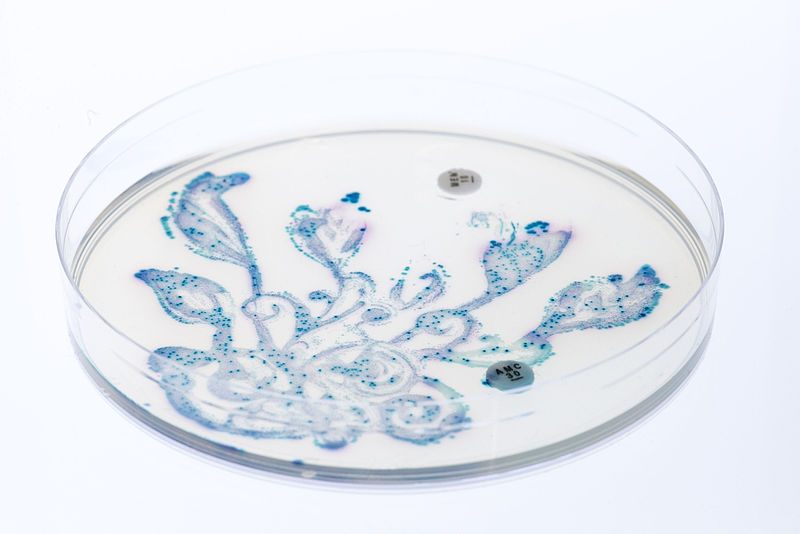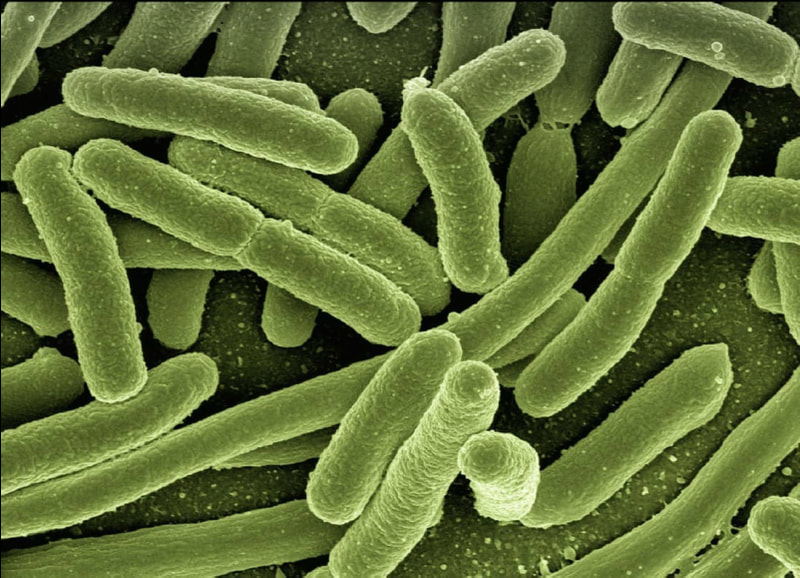How Alcohol Changes Our Memories
Excessive alcohol consumption has often been discouraged due to its short and long-term consequences - from impaired decision making to liver disease. Through education programs, organizational campaigns, and documentaries, people have been taught to carefully regulate their alcohol use in order to avoid these consequences. However, according to the National Institute on Alcohol Abuse and Alcoholism, approximately 15.1 million adults in the U.S. had alcohol use disorder (AUD) in 2015. To investigate why there is a high prevalence of alcohol addiction, researchers at Brown University decided to examine the biological mechanisms behind alcohol addiction by testing the hypothesis that alcohol causes the dysregulation of the Sca/Notch/SuH signaling pathway, leading to changes in how memories are formed.
To conduct this experiment, researchers used Drosophila melanogaster, commonly known as the fruit fly, because they possess a mushroom body (MB) and dopaminergic neurotransmission that enable them to form reward memories, similar to how the human brain reward center works. They also form alcohol-associative preference, which resembles human alcohol addiction. With the fruit flies’ two similarities to humans and the ability to easily manipulate them, scientists can readily associate Drosophila’s responses with what occurs in human brains following alcohol consumption. From this experiment, researchers discovered that alcohol causes the formation of alcohol-associative preference in Drosophila by influencing a signaling pathway called the Sca/Notch/SuH pathway. The Notch pathway is essential in regulating development and controlling gene expression. Sca is a glycoprotein produced by the MB that anchors Notch and influences its activity by activating it, preventing its degradation, or reducing its availability. Once Sca turns on the Notch receptor, the downstream target SuH is activated, which affects a specific dopamine receptor called Dop2R. Since dopamine is a neurotransmitter associated with happy feelings, changes in dopamine receptors can determine whether the memories formed are pleasing or aversive.
To conduct this experiment, researchers used Drosophila melanogaster, commonly known as the fruit fly, because they possess a mushroom body (MB) and dopaminergic neurotransmission that enable them to form reward memories, similar to how the human brain reward center works. They also form alcohol-associative preference, which resembles human alcohol addiction. With the fruit flies’ two similarities to humans and the ability to easily manipulate them, scientists can readily associate Drosophila’s responses with what occurs in human brains following alcohol consumption. From this experiment, researchers discovered that alcohol causes the formation of alcohol-associative preference in Drosophila by influencing a signaling pathway called the Sca/Notch/SuH pathway. The Notch pathway is essential in regulating development and controlling gene expression. Sca is a glycoprotein produced by the MB that anchors Notch and influences its activity by activating it, preventing its degradation, or reducing its availability. Once Sca turns on the Notch receptor, the downstream target SuH is activated, which affects a specific dopamine receptor called Dop2R. Since dopamine is a neurotransmitter associated with happy feelings, changes in dopamine receptors can determine whether the memories formed are pleasing or aversive.
Image Source: TheDigitalArtist
Armed with this knowledge, researchers conducted further experiments to investigate what happens to each component in this pathway when teaching fruit flies alcohol odor cues. The results demonstrate that Notch and Sca are required for this process. The researchers identified that alcohol causes Notch to increase its activity, amplifying the effects of the Sca/Notch/SuH pathway, which has been proven to reduce the formation of aversive learning memory. This overexpression of Notch triggers its downstream target, SuH, to produce alternative proteins which disrupt the normal functioning of Dop2R in neurons and convince the brain that the memories formed should be pleasing, instead of aversive. Therefore, alcohol negatively influences the molecular pathway, Sca/Notch/SuH, behind memory formation.
The conclusions drawn from these experiments provide more insight in how alcohol use can permanently affect long-term memory formation and neural plasticity of the human brain. The formation of pleasing memories associated with alcohol consumption increases the chance of developing alcohol addiction. To help those suffering from alcohol addiction, scientists can utilize the Sca/Notch/SuH pathway as a target for novel, more effective treatments of alcohol addiction. In the meantime, it is vital to be aware of the permanent consequences that excessive alcohol consumption presents to the human brain. By gaining more in-depth knowledge of the effects of alcohol, people can improve the quality of their lives while still enjoy alcohol consumption in moderation.
The conclusions drawn from these experiments provide more insight in how alcohol use can permanently affect long-term memory formation and neural plasticity of the human brain. The formation of pleasing memories associated with alcohol consumption increases the chance of developing alcohol addiction. To help those suffering from alcohol addiction, scientists can utilize the Sca/Notch/SuH pathway as a target for novel, more effective treatments of alcohol addiction. In the meantime, it is vital to be aware of the permanent consequences that excessive alcohol consumption presents to the human brain. By gaining more in-depth knowledge of the effects of alcohol, people can improve the quality of their lives while still enjoy alcohol consumption in moderation.
Featured Image Source: jarmoluk
RELATED ARTICLES
|
Vertical Divider
|
Vertical Divider
|
Vertical Divider
|






